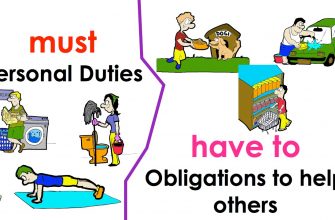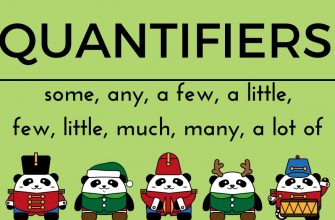Contents
Forming regular comparatives and superlatives

- We use comparatives to compare two things or two people. (e.g She is taller than her husband.)
- Superlatives are used, however, to show the difference between more than two things or more than two people. (e.g Paris is the biggest city in France)
- To form comparatives and superlatives you need to know the number of the syllables in the adjective. Syllables are like “sound beats”.
For instance:
- “find” contains one syllable,
- but “finding” contains two — find and ing.
The rules to form comparatives and superlatives:
1. One syllable adjective ending in a silent ‘e’ — nice
- Comparative — add ‘r’ — nicer
- Superlative — add ‘st’ — nicest
2. One syllable adjective ending in one vowel and one consonant — big
- Comparative — the consonant is doubled and ‘er’ is added —bigger
- Superlative — the consonant is doubled and ‘est’ is added—biggest
3. One syllable adjective ending in more than one consonant or more than a vowel (or long vowels) — high, cheap, soft.
- Comparative — ‘er’ is added — higher, cheaper, softer.
- Superlative — ‘est is added — highest, cheapest , softest.
4. A two syllable adjective ending in ‘y’ — happy
- Comparative — ‘y’ becomes ‘i’ and ‘er’ is added — happier
- Superlative — ‘y’ becomes ‘i’ and ‘est’ is added — happiest
5. Tow syllable or more adjectives without ‘y’ at the end — exciting
- Comparative — more + the adjective + than — more exciting than
- Superlative — more + the adjective + than — the most exciting
Examples:
- The Nile River is longer and more famous than the Thames.
- Egypt is much hotter than Sweden.
- Everest is the highest mountain in the world.
- This is one of the most exciting films I have ever seen.
 |  | |
| Peter (6 years old) | Charley (5 months old) | |
| Peter is older than Charley. Charley is younger than Peter. |
Irregular comparatives and superlatives
| Adjectives | Comparatives | Superlatives |
|---|---|---|
| bad | worse | worst |
| far(distance) | farther | farthest |
| far(extent) | further | furthest |
| good | better | best |
| little | less | least |
| many | more | most |
| much | more | most |
How to use comparatives and superlatives
| Comparatives | Superlatives |
|---|---|
| Comparatives are used to compare two things or two people: Alan is taller than John. | Superlatives are used to compare more than two things or two people. Superlative sentences usually use ‘the’: Alan is the most intelligent. |
Similarities
To express similarities use the following structure:
| … as + adjective + as … |
Examples:
- Mike is as intelligent as Nancy.
- Larry is as popular as Oprah.








